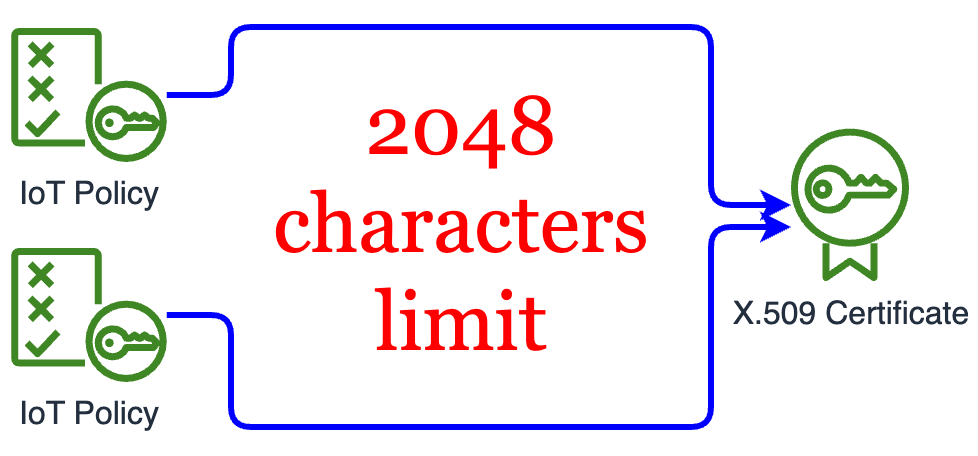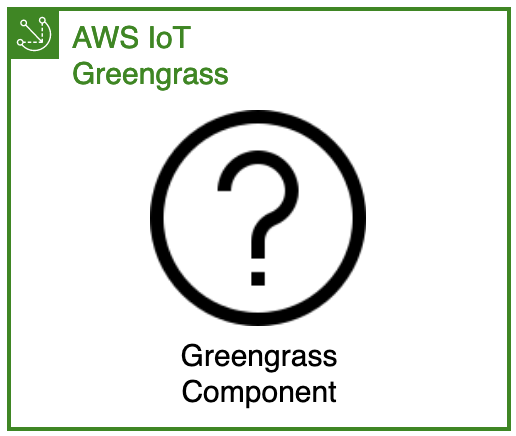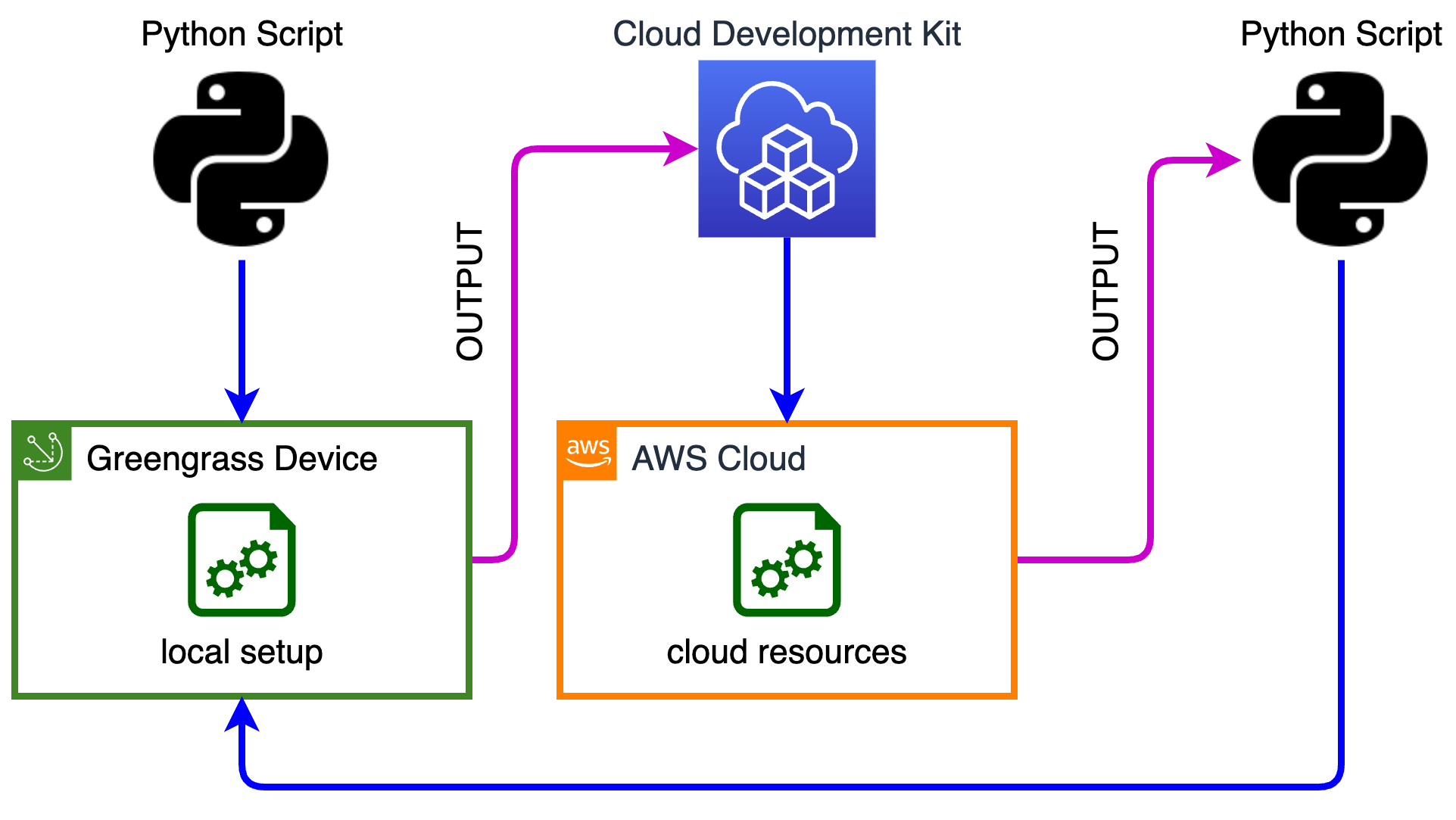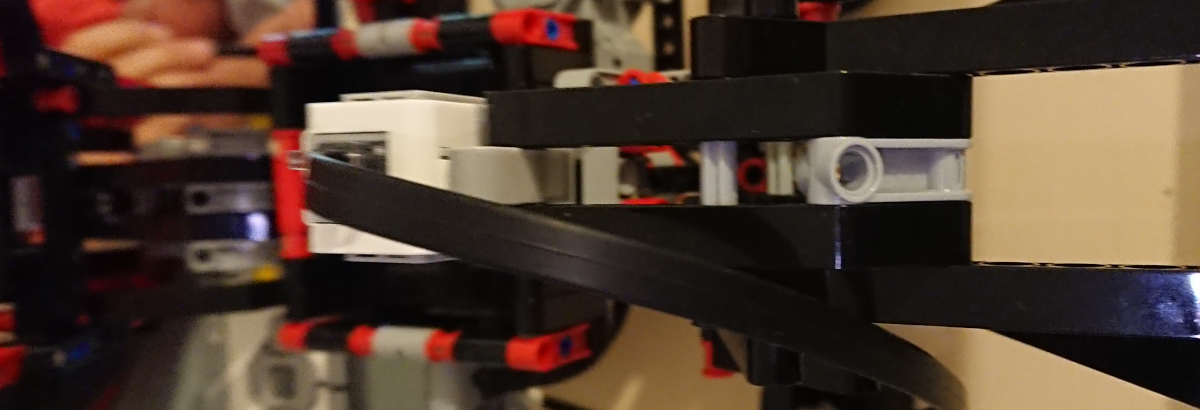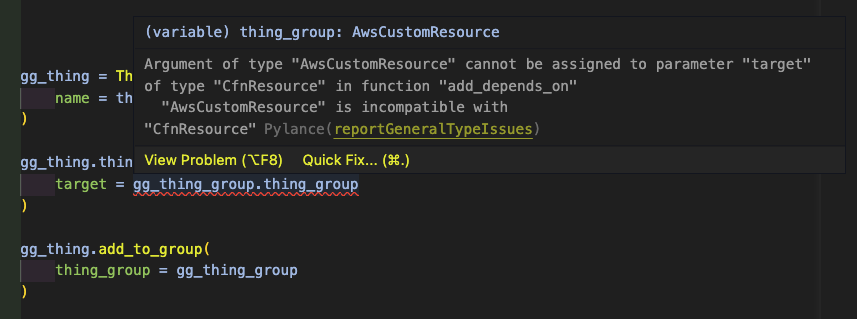A hard limit of AWS IoT Policy worth remembering.
I am a huge fan of using precise AWS IoT Policies. To make them flexible yet restrictive I heavily use the IoT Policy Variables.
Unfortunately, putting all of those best practices in place lead to:
❌ Deployment failed: Error: Stack Deployments Failed: Error: The stack named GGMainInfra failed creation, it may need to be manually deleted from the AWS console: ROLLBACK_COMPLETE: Resource handler returned message: "Invalid request provided: Policy cannot be created - size exceeds hard limit (2048)


